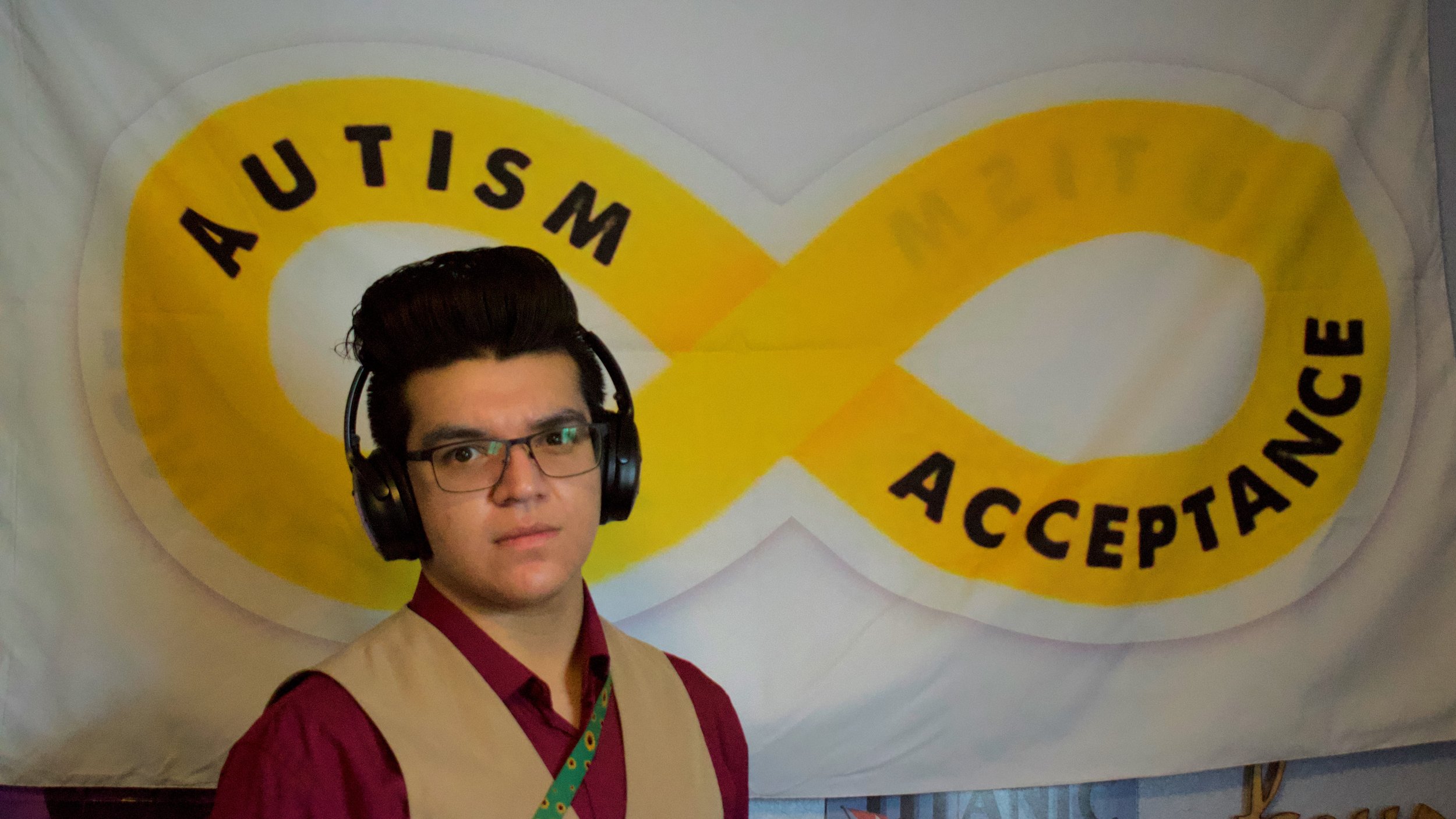There is nothing wrong with being autistic
Health and Human Services Secretary Robert F. Kennedy Jr. described autistic people as "kids who will never pay taxes, they'll never hold a job, they'll never play baseball, they'll never write a poem, they'll never go out on a date. Many of them will never use a toilet unassisted."
I am embarrassed to admit that growing up, my understanding of autistic people was not far from his. My ignorant view was that the majority of autistic people had high support needs.
While my understanding did improve after I received an ADHD diagnosis, it wasn't until I recognized autistic characteristics in myself that it began to change. During my first college party with my friends, I started experiencing sensory overload that felt more intense than what other people with ADHD had described.
I was able to retreat to the terrace and enjoy the rest of the part out there, but I would later learn that I was near the point of an autistic meltdown.
What I felt during the party was nothing like the images I had seen of an autistic meltdown - a young child rocking back and forth, unable to communicate and possibly engaging in self-harm. What I had felt did make it difficult to talk, but I never lost control or injured myself.
Since my view of autistic people was limited to those with high support needs, I thought that was how autism affected others. So, I was in complete denial that I could be autistic.
"I'm a journalist and I've been doing this for almost two years," I thought. "How could I have a neurodevelopmental disorder that affects my ability to communicate?"
Most of my coverage at that time was reporting on protests. They were loud, overwhelming situations that I did not think an autistic person would be able to be around.
I began researching successful autistic people. I learned about Greta Thungberg as she organized efforts in environmental awareness campaigns and led protests for her cause.
When I discovered Eric Garcia, an autistic, Latino, Washington correspondent for The Independent, I knew that the argument against my being autistic was blown.
I feel privileged that I was able to get a diagnosis within three months of suspecting that I was autistic.
Why was my understanding of autistic people so far from the truth? How did this infantilizing and stigmatizing narrative of autistic people become mainstream?
I found the common factor came from neurotypical and allistic (non-autistic) people failing to listen to the autistic community. If they had listened to people who knew what it was like to be autistic, there would be a better understanding of autism spectrum disorder.
The black-and-white illustration of the "autism spectrum" that I grew up with did not demonstrate that every autistic person is different and experiences autistic characteristics differently.
Stimming is not just hand flapping; it can also include rubbing your finger against your lip. Meltdowns can be explosive and external or occur internally as a shutdown.
Autistic people are often shown excelling in STEM-related fields, but there are also a large number of autistic authors and writers.
My narrow-minded view of autism stemmed from a misrepresentation of the autistic community. The same goes for the ADHD community and the OCD community, that I would later be diagnosed with, too.
Kennedy appears to have failed to make this revelation. His blanket characterization of autistic people as not being contributing members of society is false.
I paid taxes, I've held a job, I've had romantic relationships and I've made meaningful friendships.
While there are autistic people who are nonverbal and have additional comorbidities and intellectual disabilities that require more support, this does not make them a tragedy or a burden. It certainly does not make them deserving of Kennedy's dehumanizing rhetoric.
The health and human services secretary expressed his intent to establish a registry of autistic people in the United States by acquiring private health data from doctors and health insurers.
While the HHS has backtracked and said the registry will not happen, it can create fear and distrust among those who suspect they are autistic or parents who think their child may be autistic.
Along with the stigmatizing rhetoric against autistic people, it's understandable that more people will avoid seeking a diagnosis.
The Centers for Disease Control has shared that 1 in 31 people in the United States are autistic. With fewer people seeking a diagnosis, the rate of autism diagnosis may decrease.
This will not mean that there are fewer autistic people; it just means fewer people will know they are autistic.
By not seeking a diagnosis sooner, I went without accommodations that have changed my life for the better.
Wearing noise-canceling headphones when I cover an event can help me focus and tune out background noise. If the lights are too bright in the newsroom, I can wear sunglasses so my eyes don't feel like they're burning.
Understanding that I am autistic helps me work with my brain and creates a better understanding of others. If I ask for information to be repeated or if I have trouble with eye contact, others know I am not trying to be rude.
I wish I could say there were no risks of discrimination or retaliation in the workplace when an autism diagnosis is disclosed.
I will acknowledge, however, that being able to unmask and stop suppressing my neurodivergent characteristics has become less draining than trying to mask and pretend to be neurotypical.
Do not let the views of the ignorant and narrow-minded fool you;
There is nothing wrong with being autistic.

